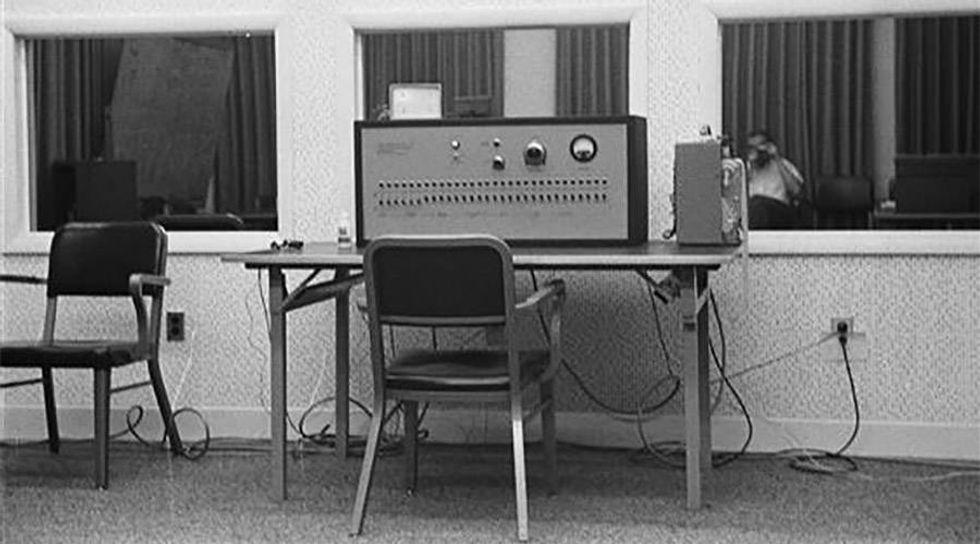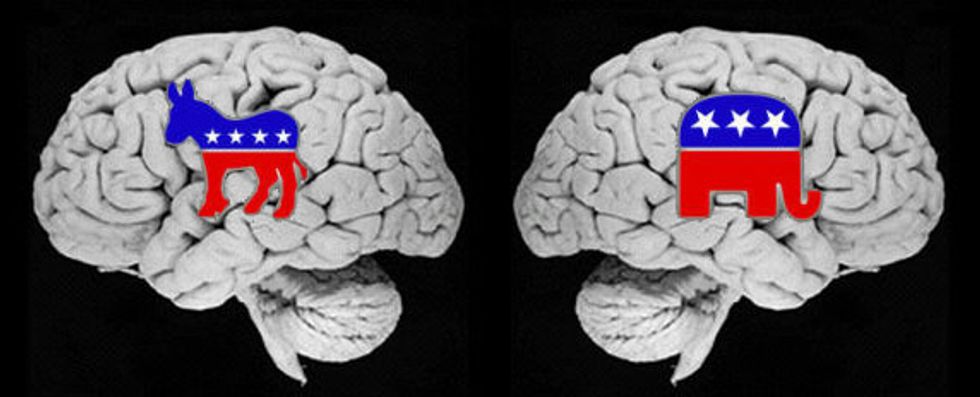As a psychology major, I may be biased, but there are a ton of fun and interesting psychology experiments that have been done over time. I summarized a few and the curious implications they have below!
1. Prison Mindsets
(Zimbardo 1971) Take one psychology course and I guarantee you'll hear about the Stanford Prison experiment, partially because of how unethical it was. There was even a movie made about it! Students were assigned the label of prisoner or guard and placed in a mock prison environment. The experiment had to be cancelled early because the labels drastically affected the participants behavior. The guards became incredibly violent and cruel towards the prisoners, and the prisoners began to feel like invaluable, horrible people. It was crazy that in just six days, students internalized their arbitrary roles. Many think this says a lot about what real prisons can do to people.
2. Shocking Obedience
(Milgram 1963) This is another famous case you'll hear about in most psychology classes. It was also quite unethical. Participants were led to believe they were shocking another participant every time they got a memory question wrong. The researchers wanted to see how far participants would be willing to go. 65% of participants finished the experiment. This means they believed they gave a 450 volt shock to another person, which was labeled as dangerous. The participants were just listening to a recording, but they believed the person getting the shocks was unconscious by this point. This study shows how far people will go to be obedient to a perceived authority figure (the researcher present). All of the participants continued quite far into the experiment, even as they heard the "other participant" express that they were in pain and wanted to quit!
3. Brain Differences in Liberals and Conservatives
(Kanai et al. 2011) They used fMRIs to see what part of the brain lit up when people were asked political questions. They found that in liberals the portion of the brain responsible for tolerance to uncertainty lit up most frequently, while the portion of the brain responsible for fear lit up for conservatives. Now they only studied people with strong political beliefs, but isn't it interesting? How people process controversial topics may affect their political affiliation!
4. How a Mirror Stops Cheating
(Diener & Wallbom 1976) The researches put students in a room and told them they would be taking a very important test. The only difference in the scenario was whether or not there was a mirror in the room. The exam answers were "accidentally" left in the room with the students. Those who had a mirror in their room were way less likely to cheat! (70% without a mirror in the room cheated, 7% with a mirror cheated). How interesting, simply allowing people to look at themselves increased their self-awareness/morality!
5. Do You Really Love Them?
(McNulty 2013) A study was done on newly weds to try to determine what predicts lasting marital satisfaction. They determined both explicit attitudes (how they say they feel) and implicit attitudes (more subtle, honest feelings) people held towards their spouses. Four years later, they found that implicit attitudes were a much better judge of marriage satisfaction! So how you think you feel about your significant other, may not be as important as how you really feel, deep down.
These are just five of my favorites, but there are countless psychology experiments in existence that you can enjoy reading, even if you're not a psychology major.










 Energetic dance performance under the spotlight.
Energetic dance performance under the spotlight. Taylor Swift in a purple coat, captivating the crowd on stage.
Taylor Swift in a purple coat, captivating the crowd on stage. Taylor Swift shines on stage in a sparkling outfit and boots.
Taylor Swift shines on stage in a sparkling outfit and boots. Taylor Swift and Phoebe Bridgers sharing a joyful duet on stage.
Taylor Swift and Phoebe Bridgers sharing a joyful duet on stage.












